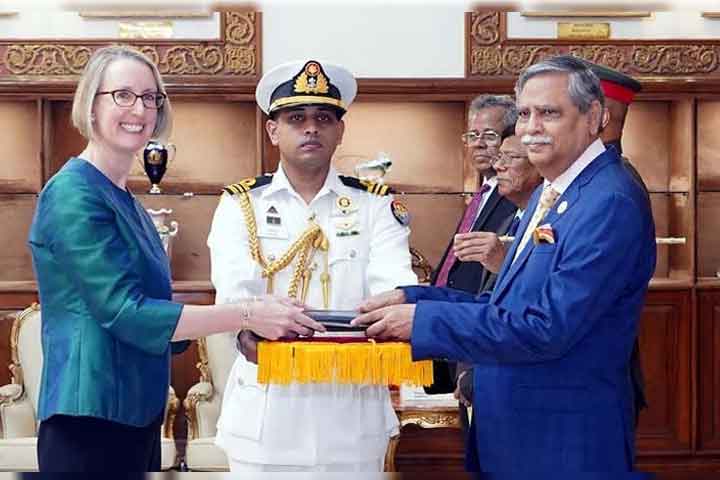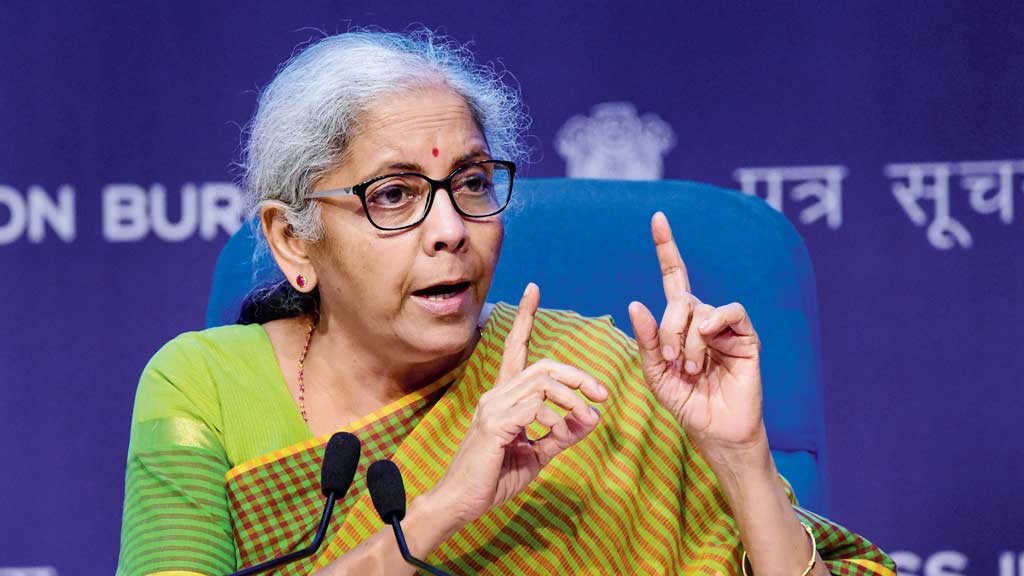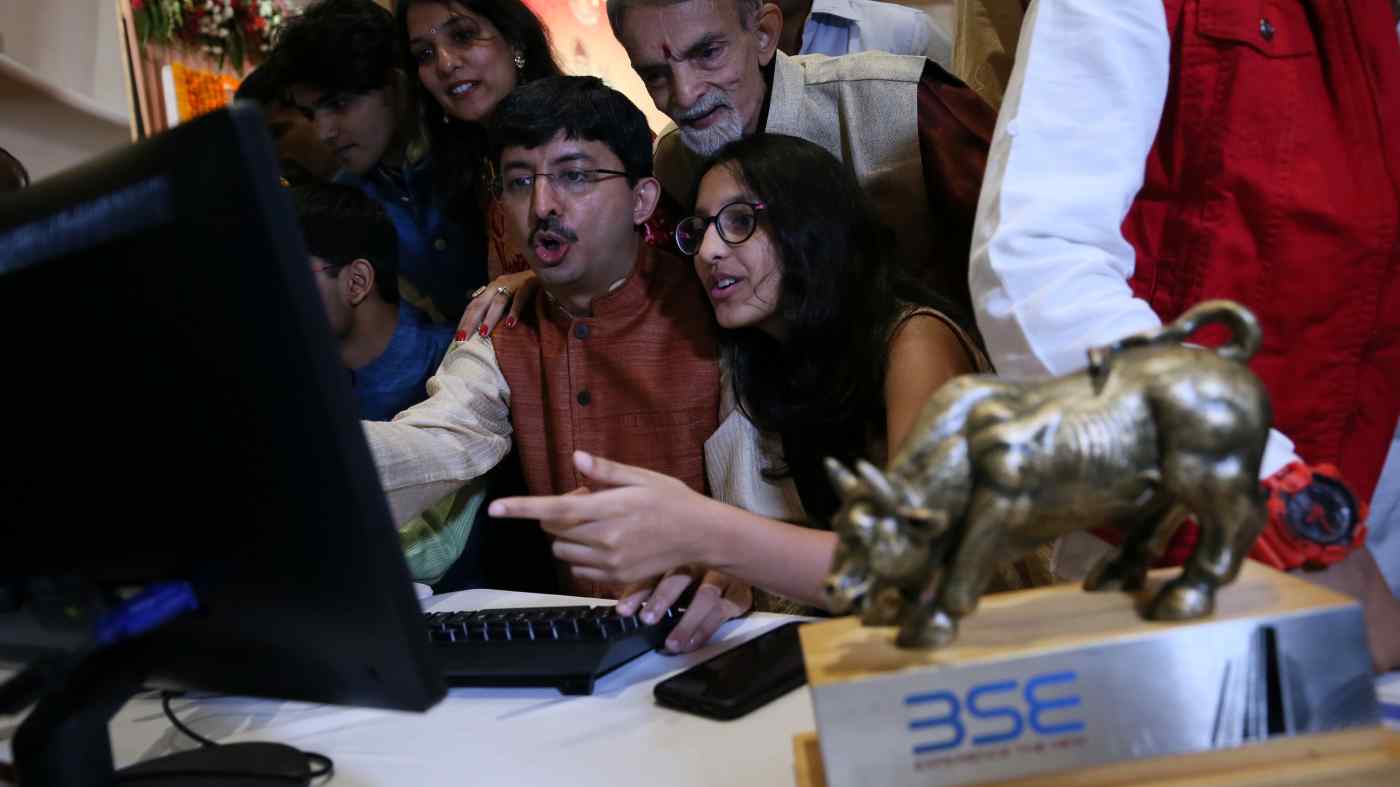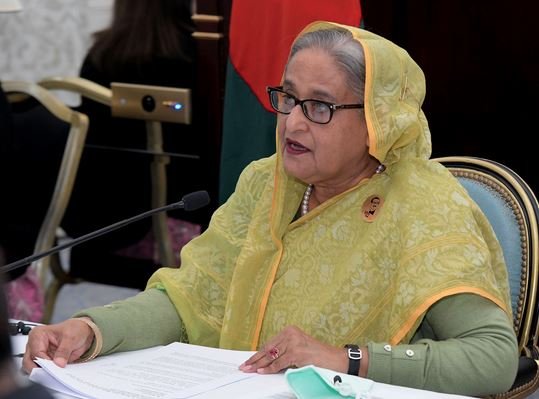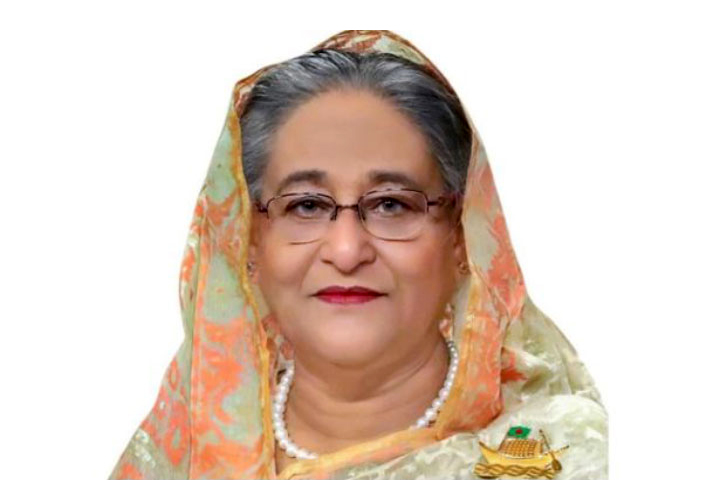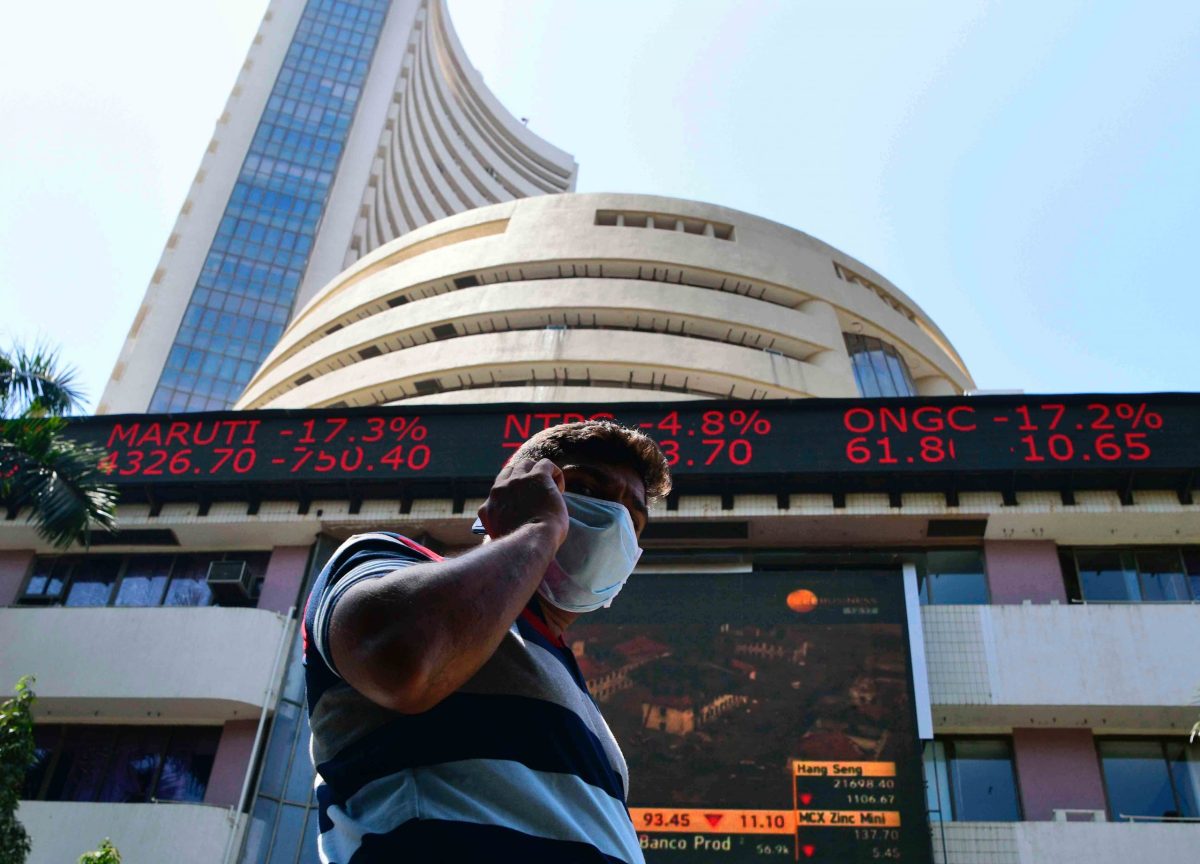PM invites British investors to Bangladesh to avail lucrative opportunities
Prime Minister Sheikh Hasina today (Thursday) invited the investors of the United Kingdom (UK) to be part of the developmental journey of Bangladesh by investing in a host of lucrative sectors.
"… energy, renewable energy, shipbuilding, automobile, light engineering, agro-processing, blue economy, tourism, knowledge based hi-tech industries, ICT are awaiting foreign investment, and British investors can choose any of these and beyond,” she said.
Sheikh Hasina also urged the expatriate Bangladeshi to come in Bangladesh partnering with British Investors, saying, " You will get all opportunities, and if any barrier, I will be there to see it."
The premier was addressing the inauguration ceremony of “Bangladesh Investment Summit 2021: Building Sustainable Growth Partnerships and Roadshow” at Churchill Hall, Queen Elizabeth Center in London.
She joined the event virtually from her place of residence in London.
Besides, prerecorded video messages of Prince Charles and UK Prime Minister Boris Johnson were played at the event.
British Minister of State for Trade Policy Penny Mordaunt also spoke at the programme.
Sheikh Hasina also offered exclusive economic zones where companies of a specific country can invest, adding, “ the UK investors can take one such a zone for themselves."
As many as 100 Economic Zones and 28 High-Tech Parks are being made ready for overseas and domestic investments, she said.
Referring to demographic dividend, she said they focus on developing skilled manpower so that the investors get skilled human resources at competitive wages.
“Let me assure you that our government agencies, including the Bangladesh Securities and Exchange Commission and the Bangladesh Investment Development Authority, will do their best to ensure a congenial business environment for you,” she added.
The Prime Minister said her government will provide the British investors with ample opportunities for the best possible returns on their investment.
Mentioning that quite a few major business organizations are operating successfully in Bangladesh, she said, “I would thus like to welcome more companies to come forward and invest in the capital market of Bangladesh.”
Sheikh Hasina said Bangladesh and UK have been enjoying the best of relations since the birth of the new nation in 1971, and in fact, the UK was a leading country to lend a generous hand in rebuilding war-ravaged Bangladesh.
“And thus today, the United Kingdom is the 3rd largest export destination of Bangladesh, and the 2nd largest investor in Bangladesh," she said, mentioning that the relationship has been growing from strength to strength.
She expected that Bangladesh Investment Summit will make two countries business relations even more fruitful.
The premier said, “The Roadshow would, of course, get impetus by displaying Bangladesh’s potentialities with rewards of high returns from business and investments.”
Narrating that Bangladesh today is a changed country, she said it has undergone huge transformations on socio-economic fronts in last one decade and the UN declared Bangladesh eligible for graduation from LDC to a developing country due to governments efforts in realizing “Vision 2021”, and moving forward to be a developed country by fulfilling “Vision 2041”.
According to ADB Outlook 2019, she said, Bangladesh is the fastest growing economy in the Asia-Pacific region.
She mentioned that ADB attributes this to the strong leadership, good governance, stable government, political stability, sound macro-economic policy and right development priorities.
Already Bangladesh is the 31st largest economy in the world based on PPP, she said.
Sheikh Hasina said Bangladesh has become an attractive investment destination recently due to rapid urbanization, increasing consumption of electricity, rapid growth of middle class consumers with increasing purchasing power; growing connectivity with massive markets in South and South East Asia.
“We have been heavily investing in development of infrastructures, including energy and power, and road and railway communication,” she added.
She mentioned that the government is, with its own fund, constructing the Padma Bridge having railway track connecting the untapped southern Bangladesh with the rest of the country.
“Bangladesh is entering into the era of Metro-rail shortly,” she said.
To feed the current and future growth of industries and overall development, she said, electricity production capacity has reached over 24,000 Megawatts (MW) with the target of 40,000 MW by 2030 and 60,000 MW by 2041.
“We are also constantly improving our legal and financial infrastructures. Bangladesh has already become the most liberal investment regime in South Asia. And foreign investment is protected by Acts of Parliament, and bilateral treaties,” she said.
She also mentioned that Bangladesh’s ICT sector is growing fast now with a billion-dollar export to 60 countries.
“The ICT industry is expected to grow nearly five folds to reach five-billion dollar mark by 2025.With more than 600 thousand free-lance IT professionals, Bangladesh is the right place to invest in ICT sector,” she said.
The Prime Minister added Bangladesh now stands in the world as the 2nd largest RMG exporter; 3rd largest producer of vegetables; 3rd largest producer of inland fisheries; 3rd largest in internet freelancing; and 4th largest producer of rice.
Source: BSS
AH
04 Nov 2021,18:51















 Live Tv
Live Tv

